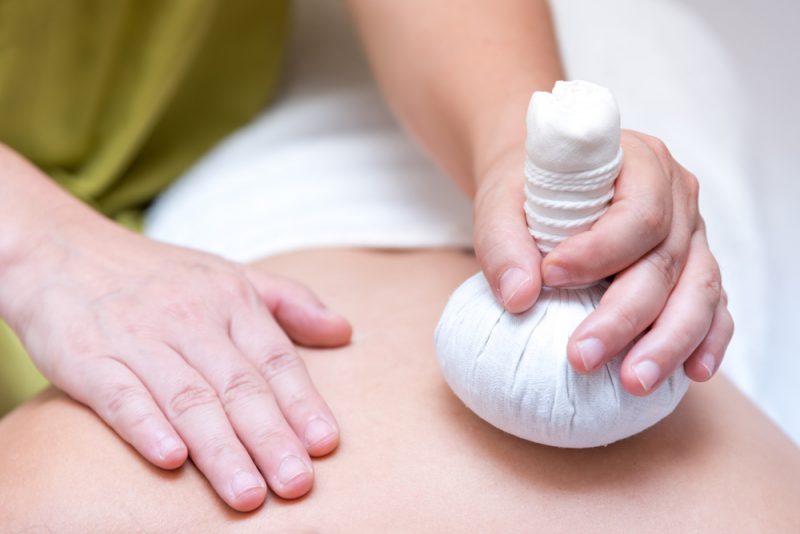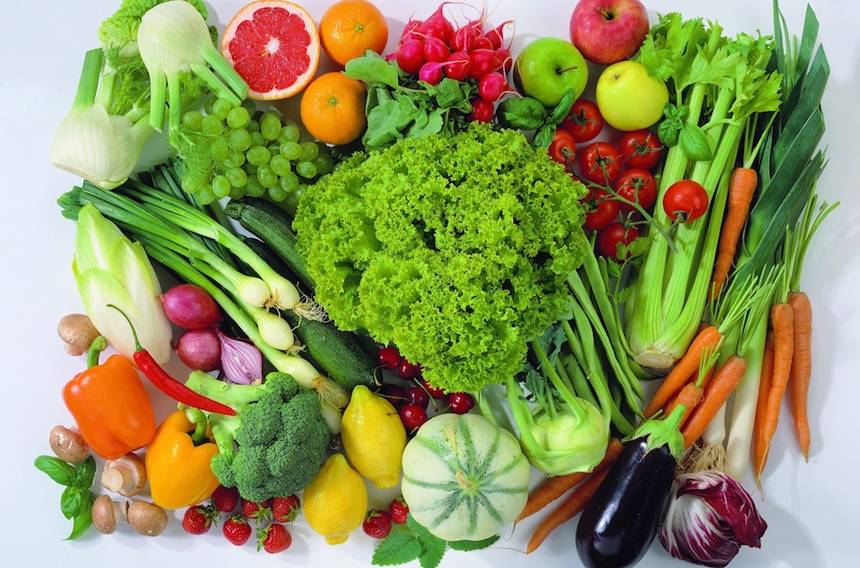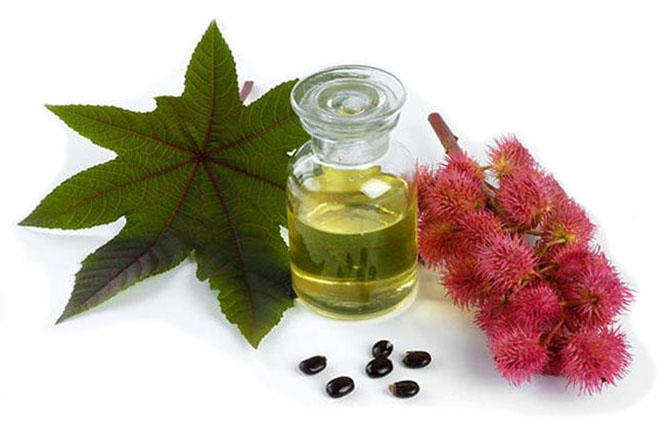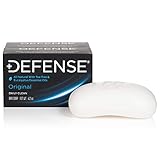A Boil is a bacterial infection, that develops around a hair follicle. It is filled with pus. Boils are contagious in nature, and can cause potential problems if the infection spreads.
Starting out as a tender, red bump which is soft in consistency, a boil eventually develops a yellowish peak which is hard and stiff within 3-4 days. Itching and irritation will be experienced around a boil.
Also known as Furuncles, these are very painful, especially when they occur in areas that cannot be freely moved. A boil eventually bursts open, and the pus oozes out, thus relieving the pain.
Before moving further here is a informative infograph on the subject, if you like it then don't forget to share.

Infograph on boils, illustrating causes, signs, symptoms and treatment
Share This Infograph (click here)
Causes of Boils
Staphylococcus Aureus: The most common bacteria responsible for causing such boils is Staphylococcus Aureus. They may also be caused by other bacteria, depending on the location of the boil and the immunity of a person.
Diabetic & cancer Patients: People suffering from diabetes, cancer, and those undergoing chemotherapy are more susceptible to the formation of boils.
HIV AIDS Patients: People with a compromised immunity like those suffering from HIV/ AIDS and alcoholism are also prone to developing boils.
Signs of Boils
Symptoms of Boils
Where do Boils Usually Occur?
Boils are generally seen in areas that are hairy and exposed to a lot of friction and movement. These include areas on;
These boils do have a tendency to become chronic and develop again in the same areas.
18 Effective Home Remedies To Get Rid of Boils
Boils are generally caused by poor hygiene, undernourishment, and/ or malfunctioning immune system.
Various lifestyle modifications and home remedies can help reduce boils and keep them under control. These are:
1
Antimicrobial Soap
The area around the boil must be kept clean with the use of a soap containing an antimicrobial agent like chlorhexidine. We highly recommend the following three soaps.
- CLINICALLY PROVEN NATURAL TEA TREE OIL AND EUCALYPTUS OIL...
- PROVEN IN THE WORLD OF CONTACT SPORTS TO EFFICIENTLY REMOVE...
- HIGHEST QUALITY WASH WITH SUPERIOR RINSING ACTION restores...
- Feel Energized And Refreshed with a rich lather from our...
- Takes The Itch Away - Our tea tree soap contains many...
- Doesn't Dry And Irritate Sensitive Skin. Our castile soap...
- NATURAL PROTECTION FOR JIU JITSU AND WRESTLING 💪 Gold...
- HANDMADE IN THE USA 🇺🇸 Our bar soap is hand crafted in...
- REINFORCE YOUR NATURAL SKIN DEFENSE 🛡️ Your skin has a...
2
Hot Compress

Application of a wet, hot compress directly to the affected area will allow the boil to rupture and ease the pain.
This should be done 3 times a day, for 20 minutes each until the boil ruptures.
3
Drink Lots of Water
Consumption of water prevents boils. It is best to have at least 8 glasses of water a day.
4
Foods Excess in Sugar
Avoid foods containing an excess quantity of white flour or white sugar.
5
Eat Greens

Follow a nutritious diet plan that contains more quantity of fresh fruits and green - leafy vegetables, as well as seeds such as flax seeds, sunflower seeds, and pumpkin seeds.
6
Nutritional Supplements
Supplements containing Vitamin A, Beta-Carotene, Vitamin B Complex, And Vitamin C along with minerals like Zinc help in the skin healing process by boosting the immune system and fighting the inflammation.
7
Asparagus Tea
Drinking 8 glasses of this tea help boost the immune system.
8
Tea Tree Oil

Essential Oil Bottle. Tea Tree Essence
This oil acts as an effective antiseptic against fungi and bacteria. Although an application of pure oil may irritate the inflamed skin further, mixing it with vegetable oil can be applied directly to the boil for best results.
Avoid direct consumption of tea tree oil.
9
Consume Garlic
Garlic is a natural booster for immunity that has anti-biotic properties.
Method: Garlic can be crushed to obtain the juice which can bee directly applied to the boils. This will cause the boil to rupture.
10
Cumin Seeds
Applying a paste of cumin seeds by grinding them and mixing with water, directly over the boils helps treat them naturally.
11
Margosa Leaves
An integral part of the "Eastern Medicine", margosa leaves are well known for their anti-bacterial properties and help to purify the blood.
Method: These leaves can be ground into a paste and applied over the boils. Alternatively, they can be boiled in water and that water can be applied all over the body after straining it.
This will not only treat the boils, but it will also protect the skin from developing boils in the future.
12
Turmeric
Turmeric is a spice which is very popular for its healing properties.
Method: Turmeric can be mixed with a few drops of milk to form a paste which can be directly applied over the boils. Another option is to add half a teaspoon of turmeric powder in hot milk and have it every day until the boils disappear.
13
Castor Oil

Applying castor oil over the affected area using a cotton ball effectively helps the boil to rupture, allowing the pus to ooze out. This helps relieve the pain
14
Fenugreek Seeds
Fenugreek seeds have immense antiseptic, anti-fungal, and antibacterial properties. This helps prevent the infection from spreading further.
Method: After having soaked fenugreek seeds overnight in water, grind them into a smooth paste. Apply this to the boils, twice a day, until they disappear.
15
Parsley Leaves
In order to reduce the infection and allow the boil to settle down quickly, parsley leaves can be used.
Method: Boil parsley leaves in water. Strain the solution and collect the leaves in a muslin cloth. Tie them in the cloth and place them directly on the boil.
16
Eucalyptus Oil
Eucalyptus has immense healing properties that prevent the infection from spreading further.
Method: Mix eucalyptus oil in boiling water and add slippery elm to it to form a paste. This paste must directly be applied on the boil. After half an hour, rinse it off with cold water. Repeat this process regularly until the pus finally drains out of the boil.
17
Corn Meal
A natural absorbent, cornmeal is a very potential home remedy for boils.
Method: Add some cornmeal to half a cup of boiling water and make it into a thick paste. Apply this paste directly to the boil and then cover the treated area with a clean cloth. Repeat this process for several times a day, until the pus oozes out.
18
Essential Oils

Chamomile, lavender, and clary sage essential oils can be used to drain out pus from the boils.
Echinacea and tea tree oils can also be applied to the boils to limit infection. These essential oils are known for their anti-microbial properties and also help to boost the immune system.
Over The Counter Ointments / Creams for Boils
If the above remedies didn't treat the infection, then you can purchase over the counter creams and ointments for boils.
1
Bacitracin
Bacitracin is a medicated cream which can be used for the treatment of small boils. It is easily available at most of the pharmacy stores.
For small boils, application of bacitracin after soaking in warm Epsom salts followed by application of warm compress will help bring the boil down.
Bigger boils are more resistant and these need to be evaluated by physicians. The physician will decide if the boil needs to be drained or antibiotics need to be prescribed to control the infection or both.
2
Neosporin
- Hydrates lips and improves healthy lip tone. Reduces...
- Vitamins and moisturizers repair and nourish
- Clinically proven to restore visibly healthier lips in 3...
Neosporin is an antibiotic ointment made with a combination of drugs. It kills sensitive bacteria on the skin or in wounds.
When small boils are present, you must first wash and dry the affected area completely. Then, take a very small amount of Neosporin ointment and apply it to the affected area. Gently rub the medicine until it is distributed evenly. Use a bandage to cover the affected area.
In case of big boils, it is best to consult with a physician, who, upon proper examination will decide a course of action.
Now lets see some of the prescription drugs for boils...
Prescription Drugs For Boils
Prescription drugs can also be purchased from over the counter to help relive the pain from boils.
1
Benzocaine
Benzocaine is a local anesthetic ointment. It helps numb the pain caused by the boil. Only a small amount of benzocaine is required to help ease the pain.
Method Of Application: Benzocaine is applied topically, directly on the boil.
Mechanism of Action: Benzocaine blocks the transmission of the pain signal.
Side Effects: Benzocaine can cause respiratory failure, seizures, arrhythmia ( inconsistent rhythm of the heart) and may lead to coma when an excessive amount of the medication enters the circulatory system (blood) through the skin.
Benzocaine must always be used as directed by the physician.
2
Mupirocin
This drug is also a topical antibiotic. It is primarily used for treating the boils. When this drug is formulated at a high concentration, it kills bacteria because of its antibiotic properties.
This drug is also very effective against Methicillin-Resistant Staphylococcus Aureus.
Directions: This ointment must be applied 2-3 times a day, directly on the boil. Only a small amount is sufficient for effective results. The boils regress within 2 weeks.
Side Effects: Prolonged or indiscriminate use of this drug may lead to antibiotic resistance against Mupirocin.
Other side effects include pain, burning or stinging sensation, itching and rashes on the skin.
This ointment is generally prescribed in patients with chronic illness. Such people carry the bacteria in their nasal passages or their groins, and continuously get re-infected leading to recurrent boils.
3
Gentamicin
This is a broad spectrum antibiotic ointment used for treating boils.
This drug can easily heal the infected skin when applied thrice a day to the boil, in a small amount.
Gentamicin ointment use must be limited to two weeks as prolonged usage may increase the risk of developing resistance against this antibiotic.
Antibiotics for Boil Treatment
Oral antibiotics in the form of capsules are primarily prescribed for boils that have developed in sensitive regions of the body, like the genitals, face etc.
These antibiotics are particularly useful when the infection has spread far and deep in the skin, or with a secondary infection such as cellulitis.
1
Penicillin
Penicillin based antibiotics like amoxicillin-clavulanate, flucloxacillin etc. are widely prescribed by physicians and dermatologists to treat boils. These antibiotics are taken 4 times a day, usually an hour before or two hours after the meals.
NOTE: Whenever such antibiotics are prescribed for treating infections, the full course must be finished to prevent building resistance to the drug or recurrent infections.
Side Effects: Penicillin based antibiotics may cause diarrhea, joint pain, rashes on the skin, liver problems, fever etc. People with the history of penicillin allergy must strictly avoid these drugs.
2
Macrolide Antibiotics
Drugs like erythromycin are prescribed in patients who have a penicillin allergy.
These antibiotics are used to treat the infections and are usually taken 4 times a day. The severity of the infection determines the course of treatment.
NOTE: This medication should not be taken with or immediately after consumption of aerated beverages.
Side Effects: Diarrhea, vomiting, stomach ache, upset stomach, cramps, skin rashes etc.
Other Tips and Treatment Guidelines
Do not squeeze or try to rupture the boil on your own as it may cause the infection to spread. Usually, the boils heal on their own, but if that does not happen, consult with your physician or dermatologist.
Your doctor will most likely cut it open to allow the contents to ooze out. If the boil is considerably large in size, the doctor may pack the remaining cavity with a gauze piece. The doctor may then prescribe an antibiotic ointment to apply on the wound.
Conclusion
Boils have been a problem since the beginning of time. Till today, even the sight of boils makes people cringe. But the good thing is, although boils look awful and a painful, most of them are usually harmless.
They usually stick around for a few weeks and then gradually regress on their own. With proper maintenance of hygiene, boils can be easily prevented. And if you do end up getting them, they can be treated using some basic home remedies.
And if you have bigger underlying infections, physicians are always there to help control the condition.




